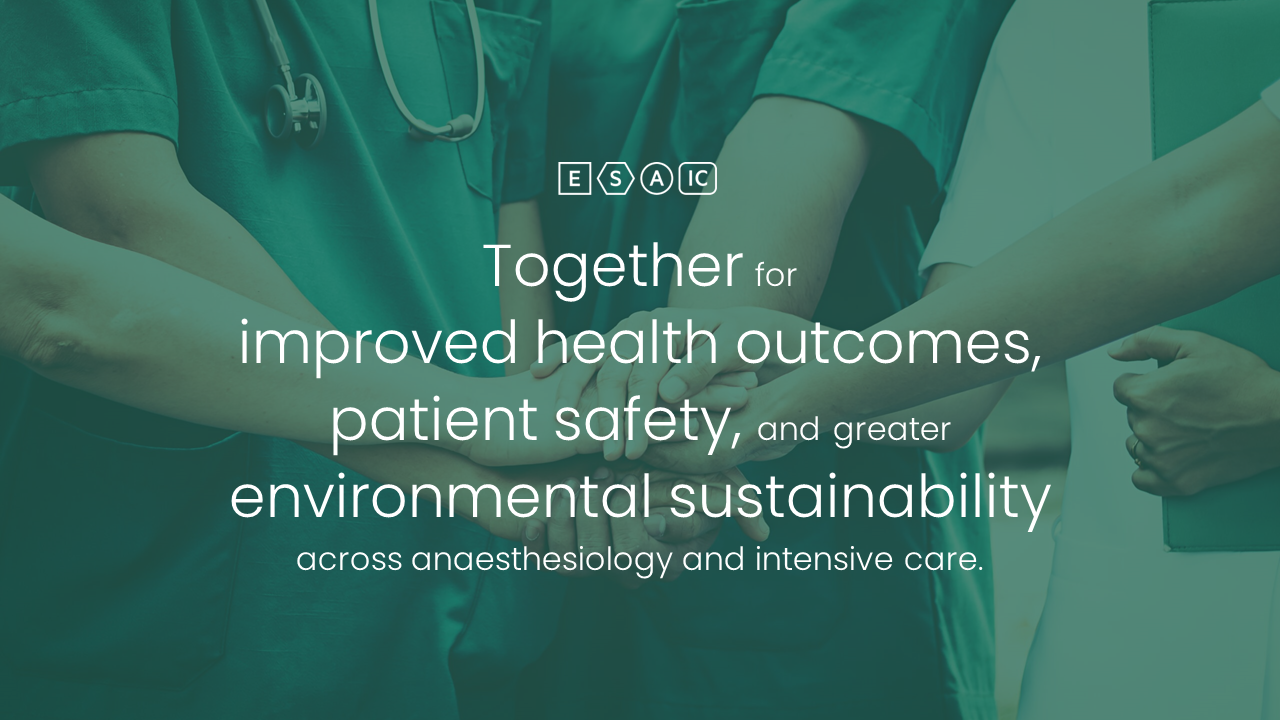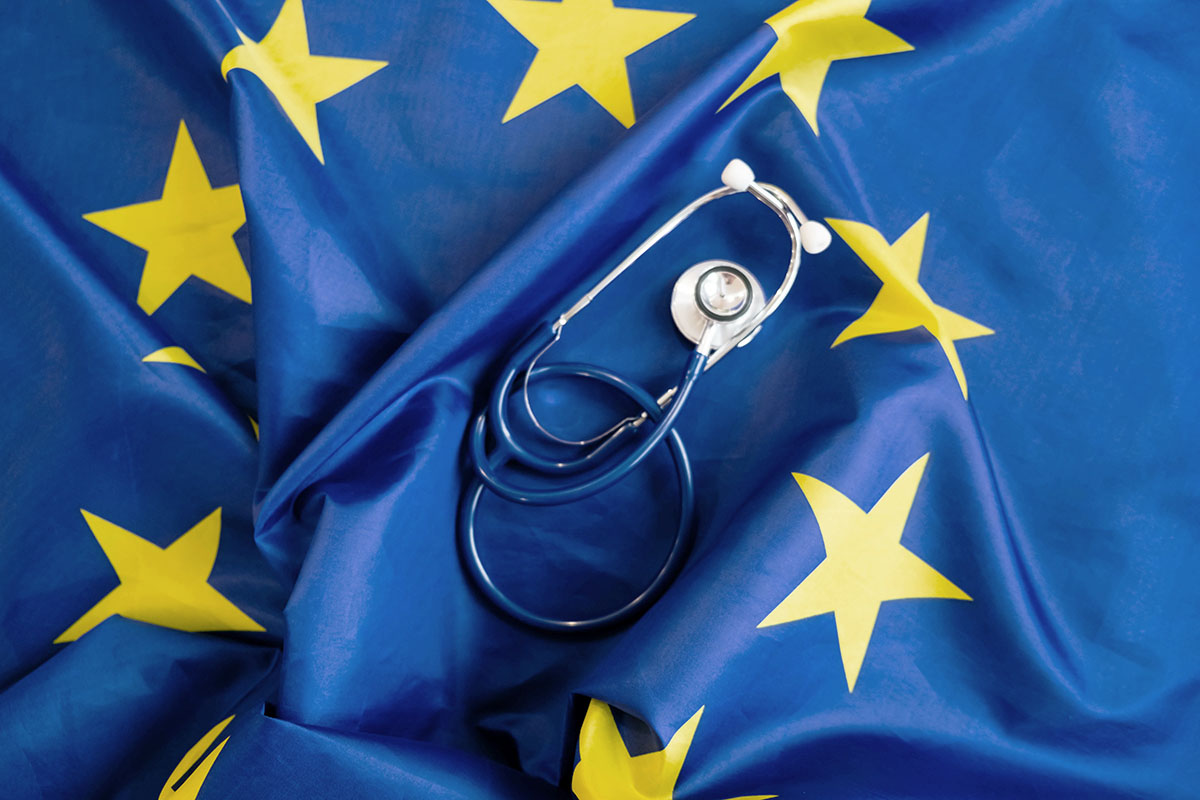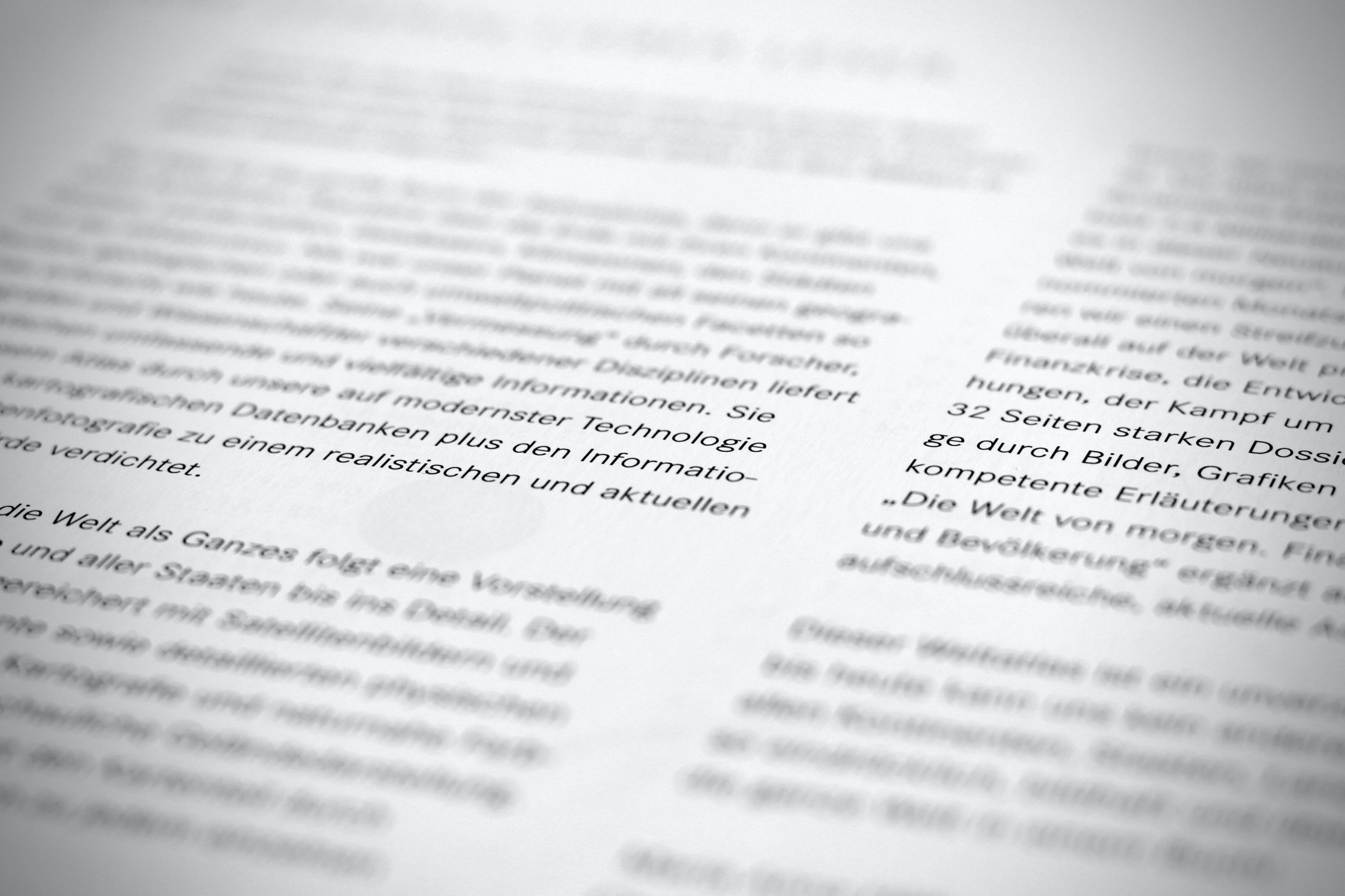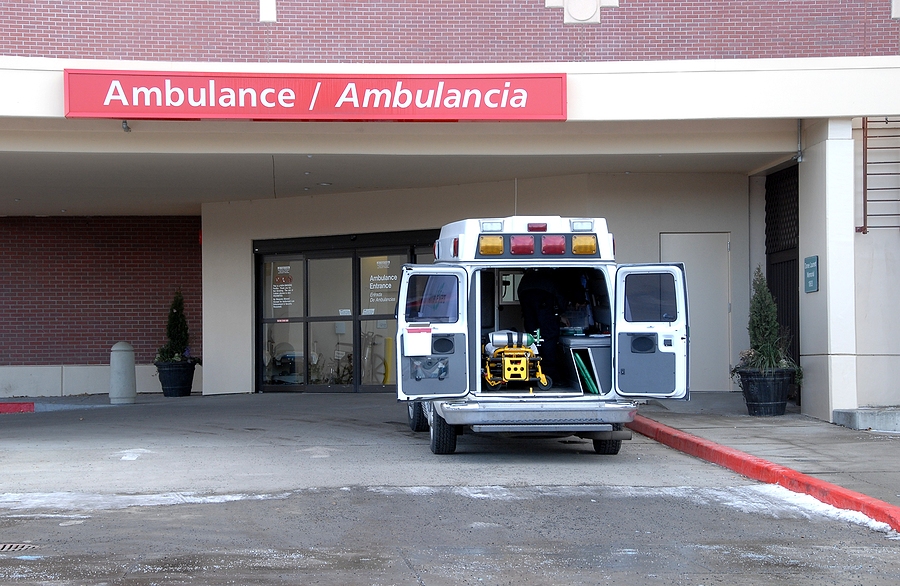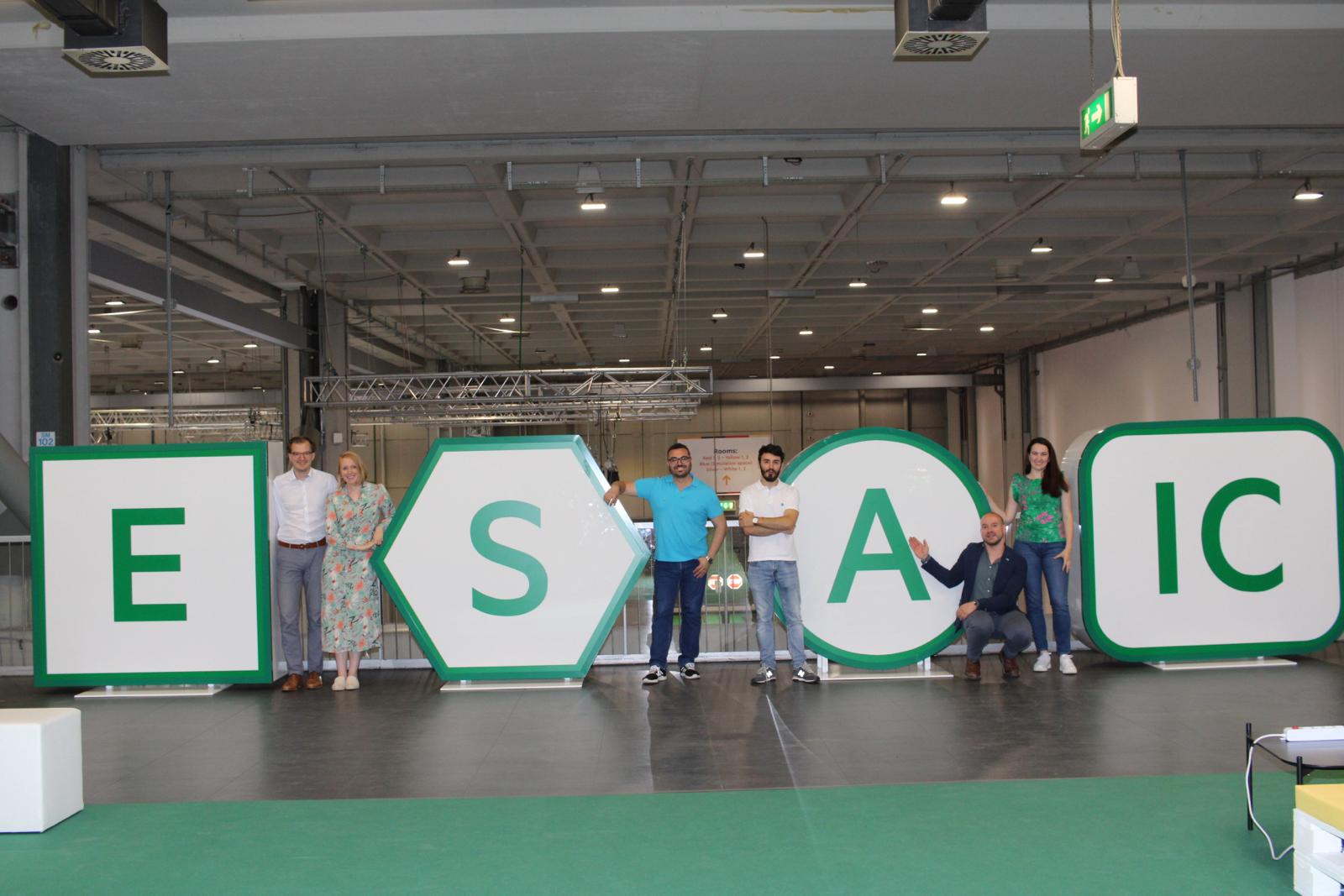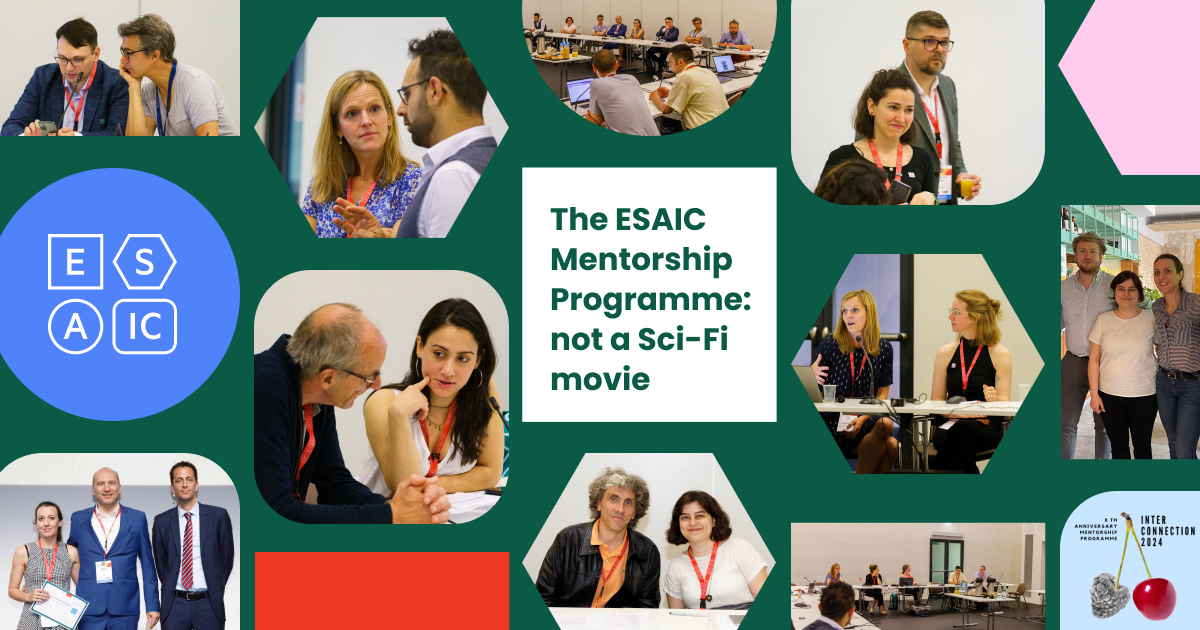ESAIC News
EA20 Newsletter: Session COVPD1: Ethics and triage in COVID-19
Monday 30 November, 1115-1215H, Channel 10
The first talk in this session is ‘triage in COVID-19 – who should be ventilated?’ and will be presented by Professor Caterina Aurilio, University of Campania Luigi Vanvitelli, Naples, Italy.
“The ethical question created by the COVID-19 pandemic is how to handle a large number of severe patients, which simultaneously need ventilators for respiratory support,” says Prof Aurilio. “Many guidelines have been developed by health systems of several countries in order to provide available treatments in intensive care and to reduce the burden on doctors who need to determine which patients get to access to scarce resources. These recommendations were controversial and criticised as potentially discriminatory to elderly patients and/or those with disability.”
She will discuss how in ethics there are two approaches to this problem: egalitarianism and utilitarianism. According to egalitarianism, every person should be treated equally according to need: equal treatment to equal need. Utilitarianism requires consideration of the probability of success, length and quality of life.
Among the current practice guidelines, Prof Aurilio will highlight those produced by the National Institute for Health and Care Excellence (NICE) (UK), that has issued guidelines that are neither utilitarian nor egalitarian. “They differentiate between people on the basis of the probability of survival but not on the discrimination of age or disability,” she explains. “Triage should be implemented to reduce demand on critical care and to provide treatment to those with the greatest probability of survival. It seems simple to act on the decision, according to guidelines, taking care that critical patients should not be considered a mathematical choice, but a moral choice.”
Later in this session, Professor Marcus Schultz (Mahidol University, Bangkok, Thailand and Academic Medical Center, University of Amsterdam, The Netherlands) will address “Pragmatic recommendations for care of COVID-19 patients in low and middle-income countries.
He will explain the management of patients with severe coronavirus disease 2019 (COVID–19) is mainly based on care for patients with severe pneumonia or acute respiratory distress syndrome (ARDS) from other causes, and these recommendations are based on evidence that mainly originates from investigations in resource-rich intensive care units (ICUs), mostly located in high–income countries (HICs).
Often, it is impractical to apply these recommendations to resource-restricted settings. The ‘COVID–LMIC Task Force’, an international task force with members from HICs with direct experience in various LMICs settings has critically appraised a list of questions regarding important aspects of care in patients with severe COVID–19. Prof Schultz will highlight a series of practical recommendations adopting evidence from HICs after pragmatic and experience-based appraisal, and focusing on various aspects, including feasibility, availability, affordability and safety, that will be published soon in the American Journal of Tropical Medicine and Hygiene.
In the other talk in this session, Professor Gary Mills (University of Sheffield, UK) will give a talk on the social burden of COVID-19.
Read More of our special newsletter covering our virtual congress
Visit our COVID-19 Resource Hub for other news and resources.
